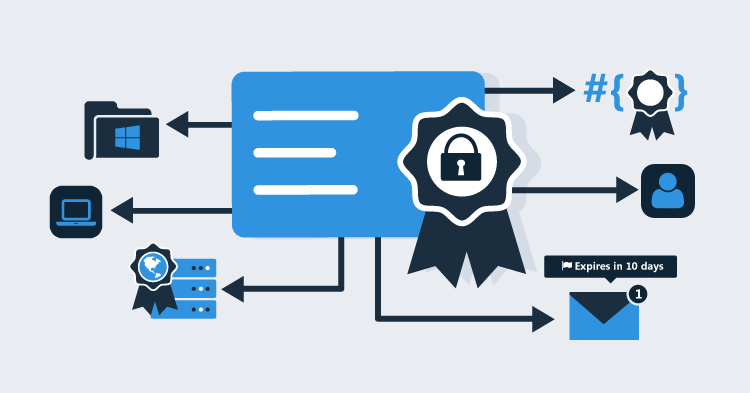I just pushed up a new version of OctoPack. It fixes an issue whereby OctoPack would sometimes install to the wrong projects depending on how you attempt to install it.
OctoPack also now allows you to use the <files> element in your NuSpec file to specify exactly the files you want to include. For example:
<?xml version="1.0"?>
<package xmlns="http://schemas.microsoft.com/packaging/2010/07/nuspec.xsd">
<metadata>
<!-- ... snip ... --->
</metadata>
<files>
<file src="bin\*.dll" target="bin" />
<file src="Content\*.css" target="Content" />
</files>
</package>Here we’re being explicit about which files to include in the package. OctoPack won’t attempt to add anything else or resolve any of the paths; it will just tell NuGet.exe to package it up. All paths are assumed to be relative to the project directory (the directory containing your .csproj file).
Happy packaging!




